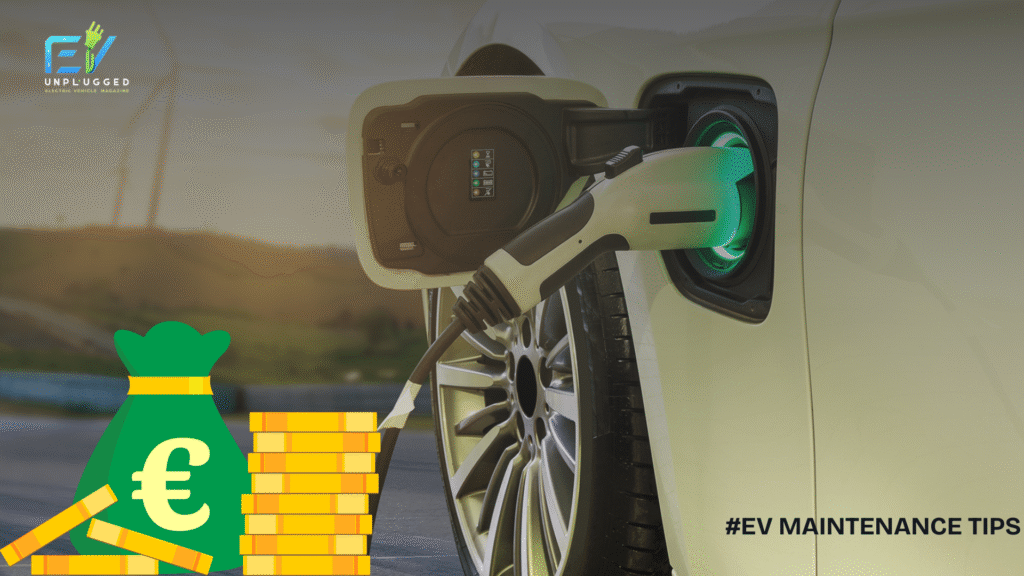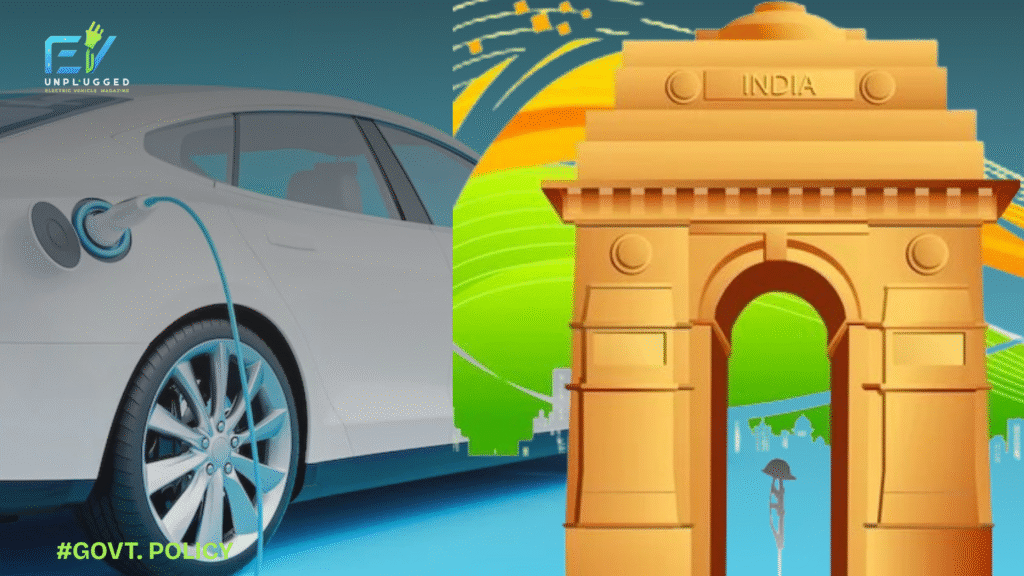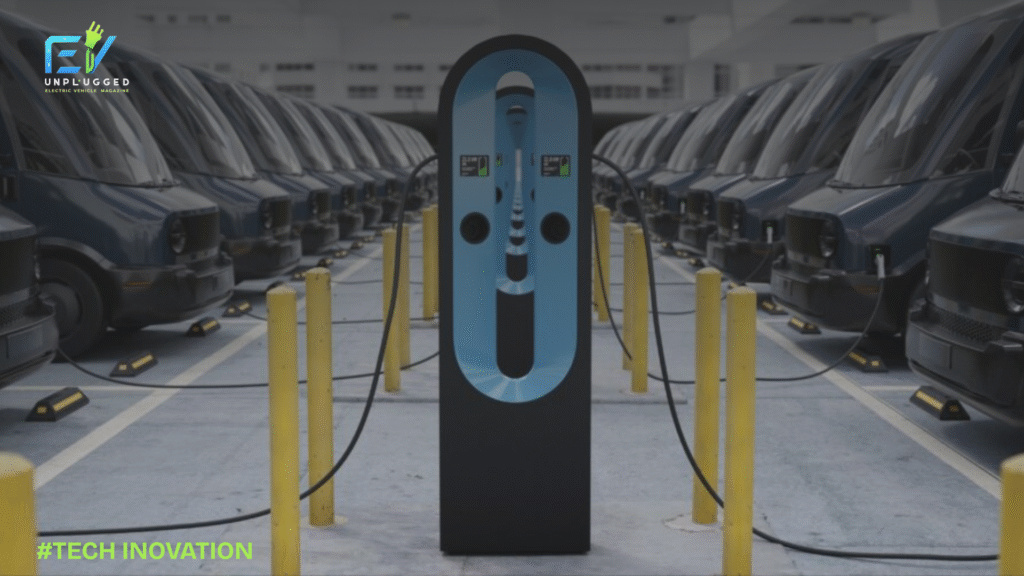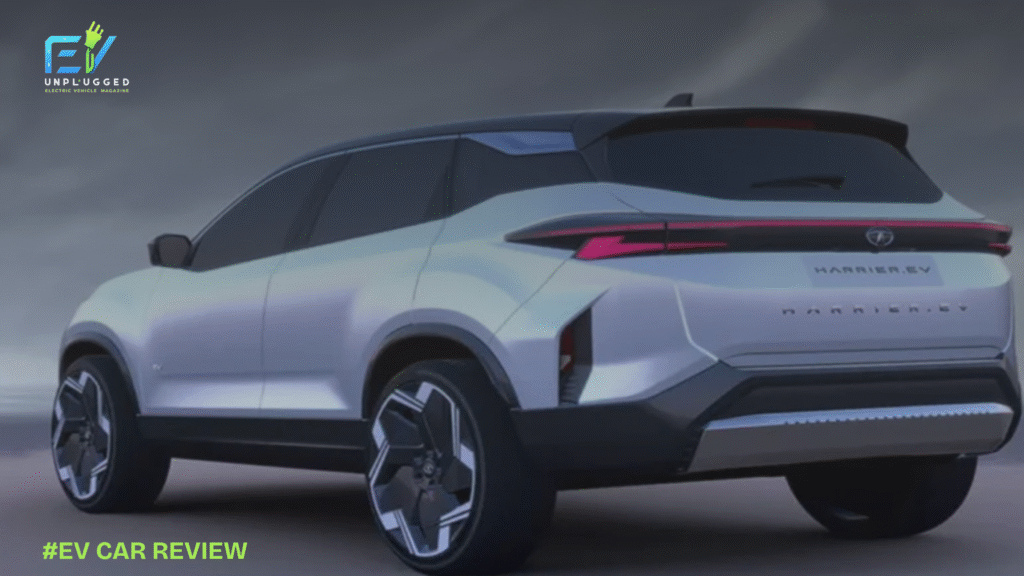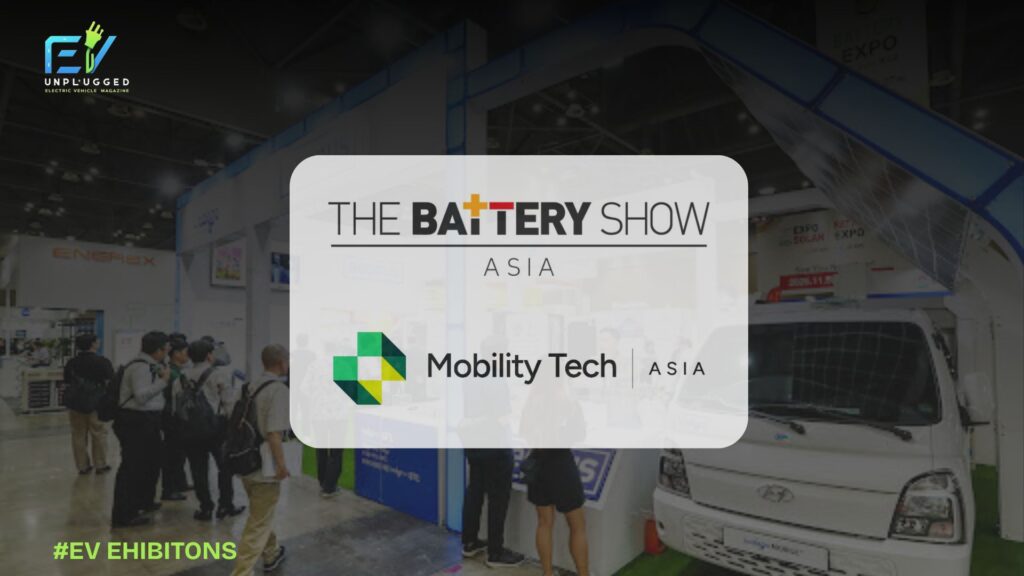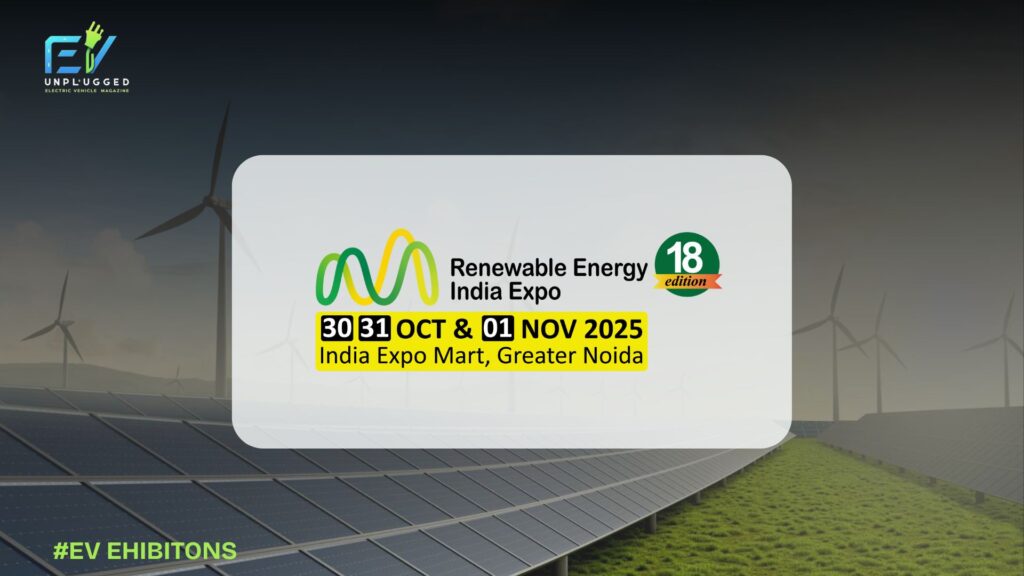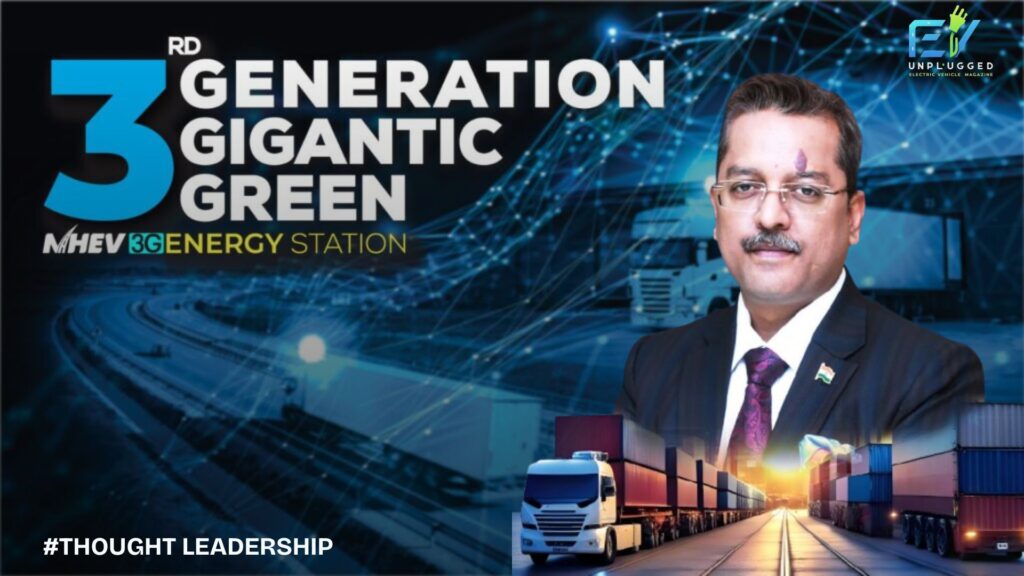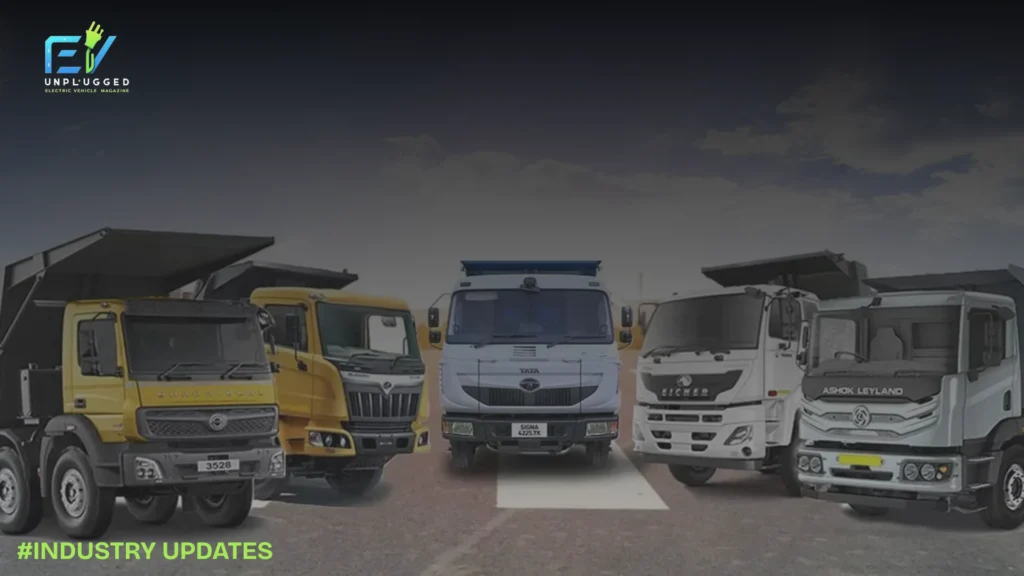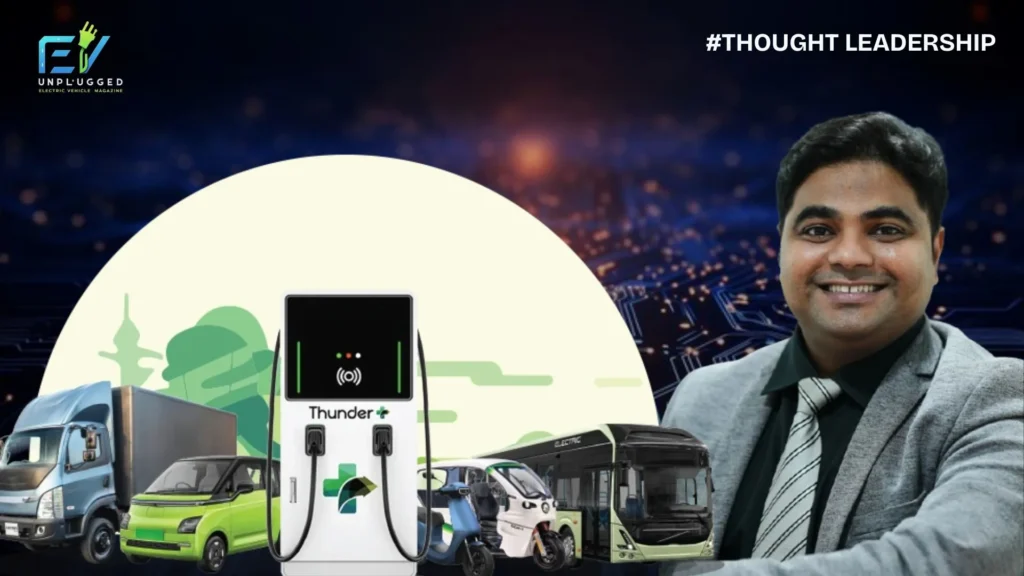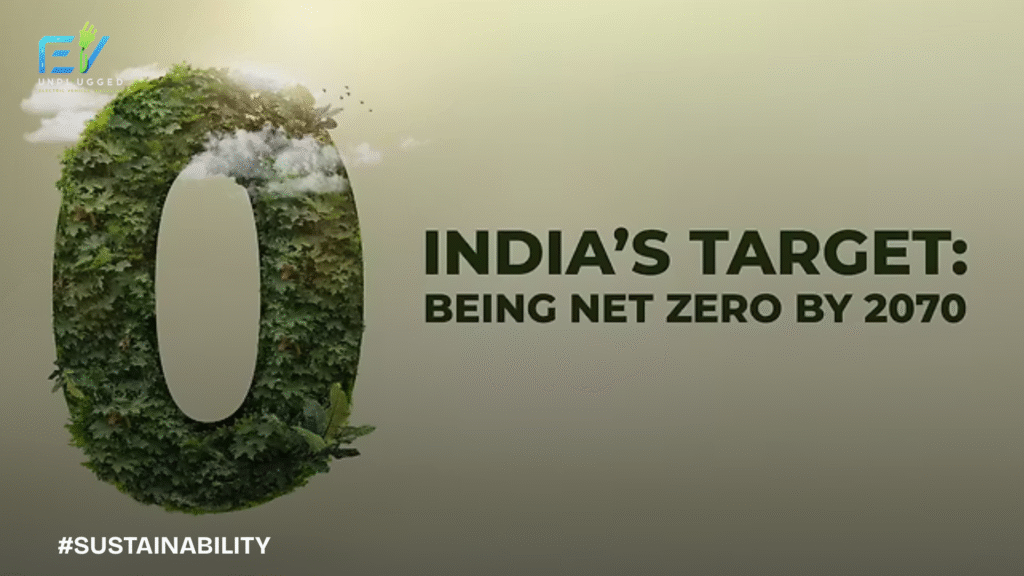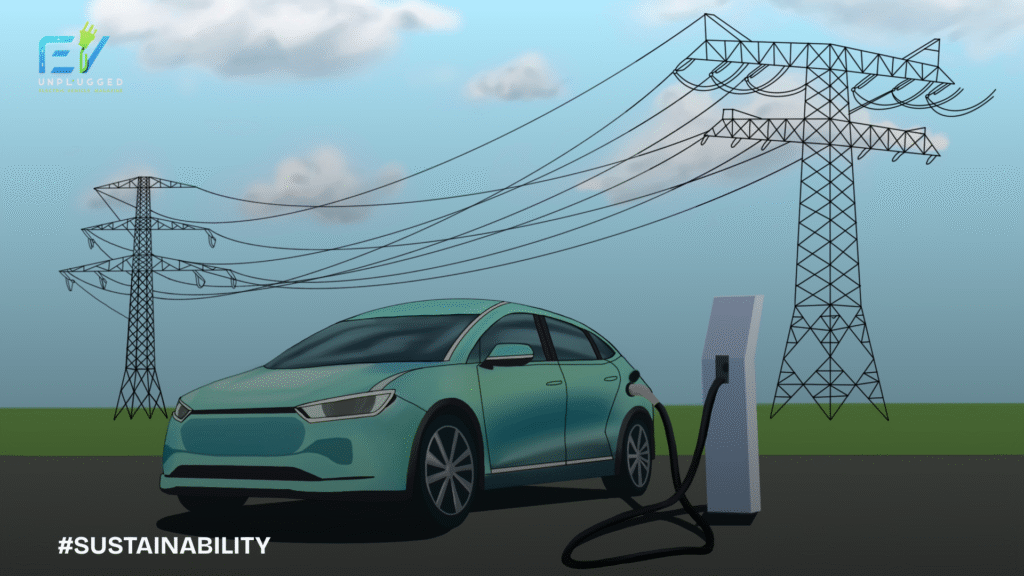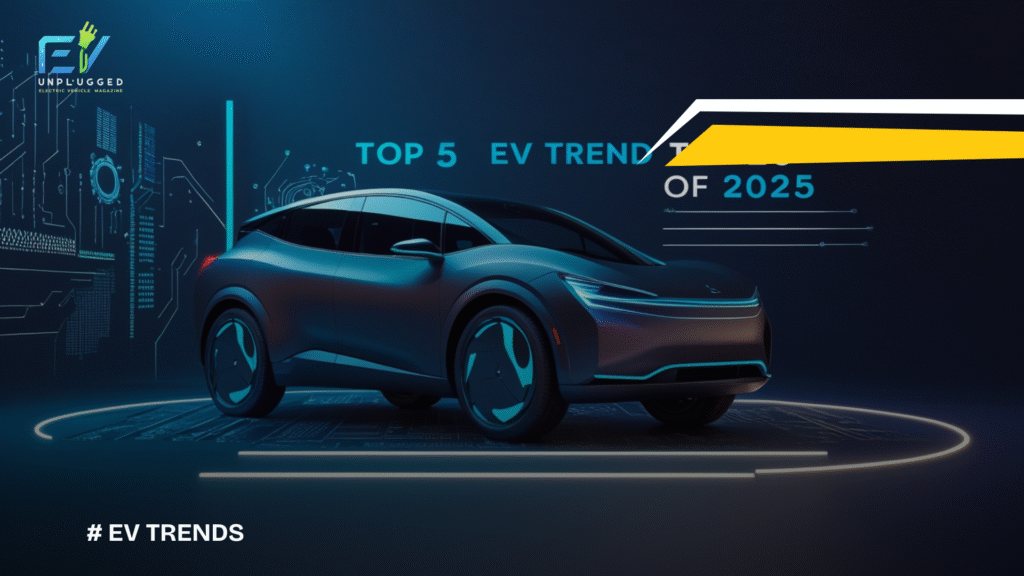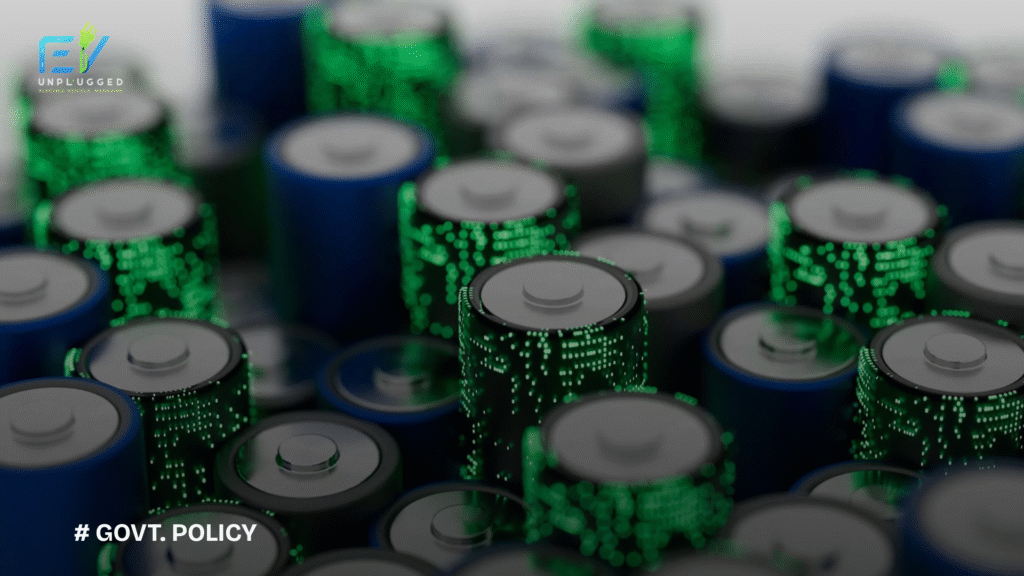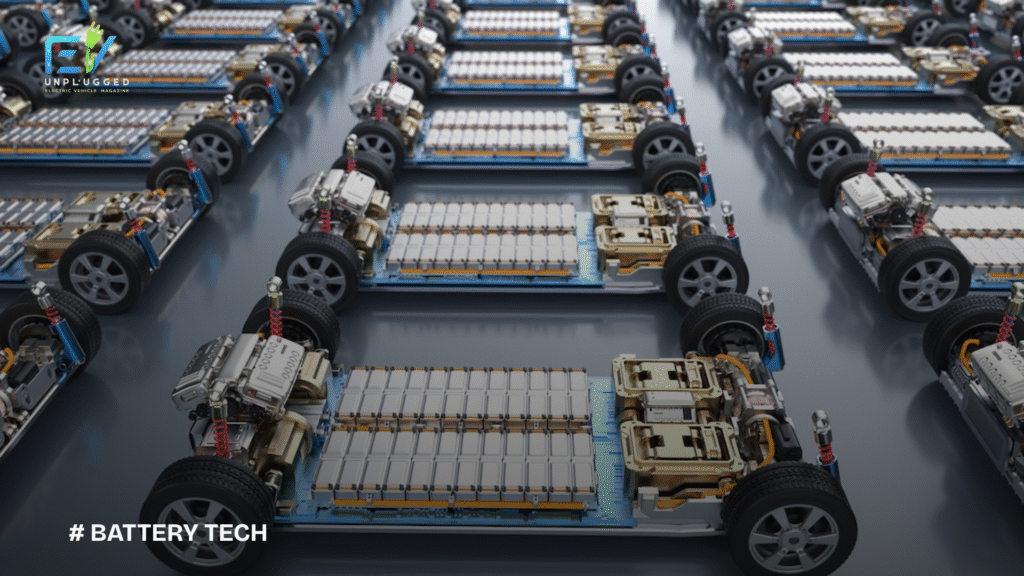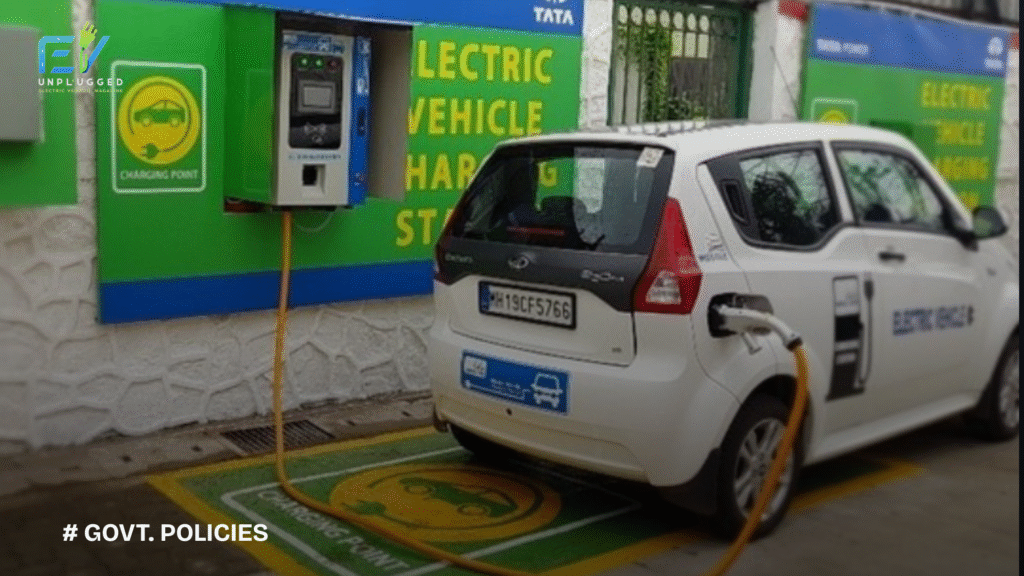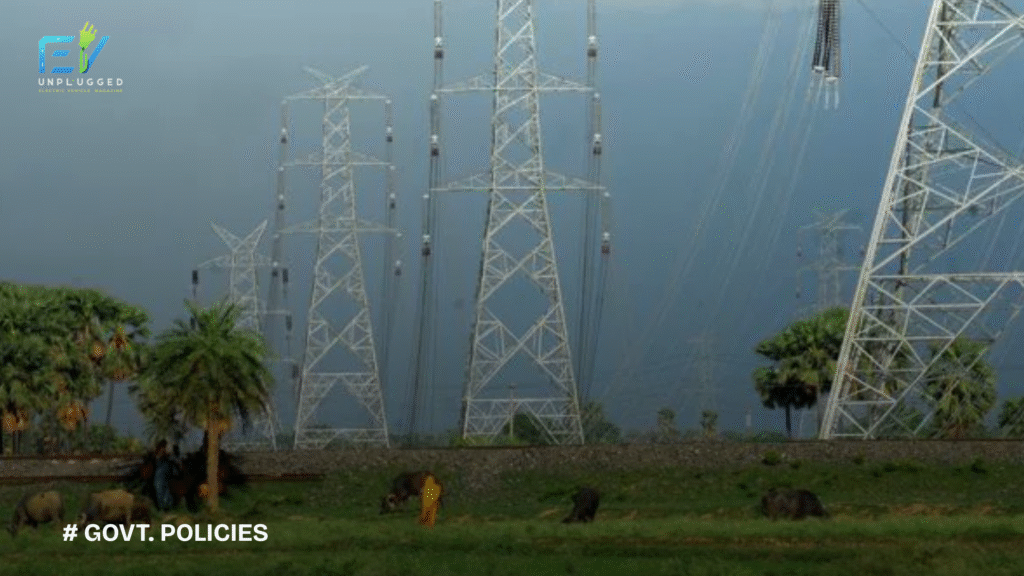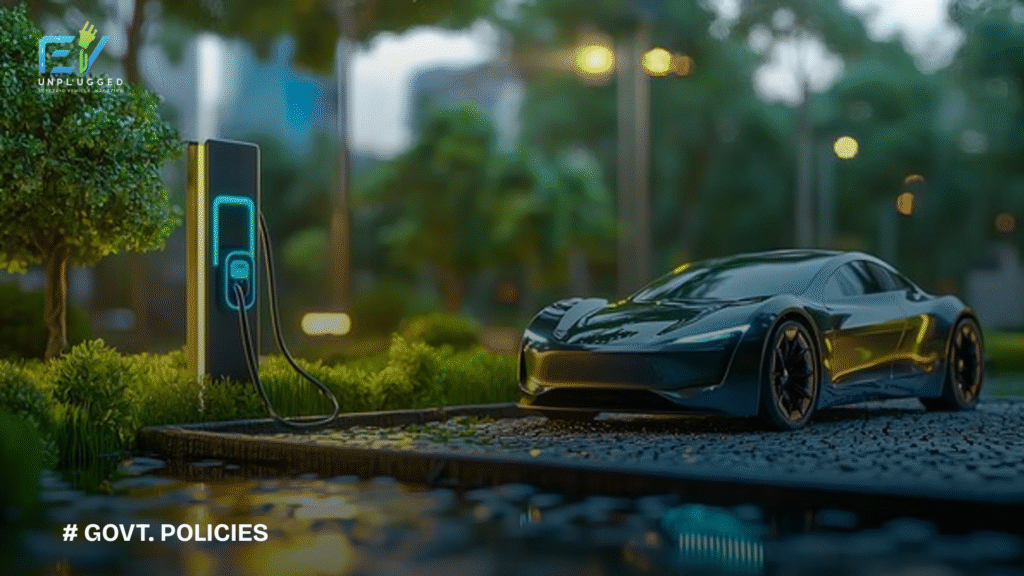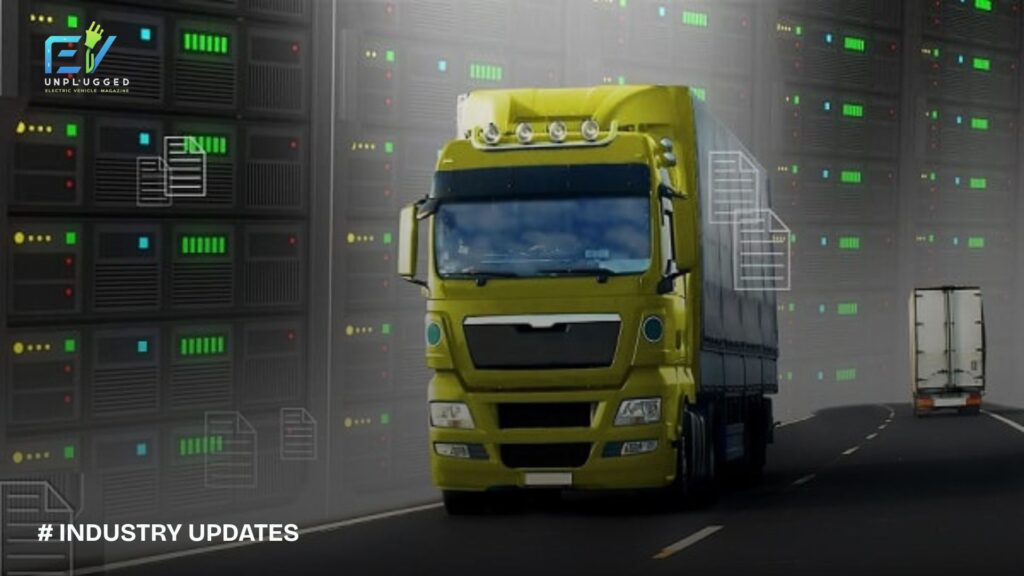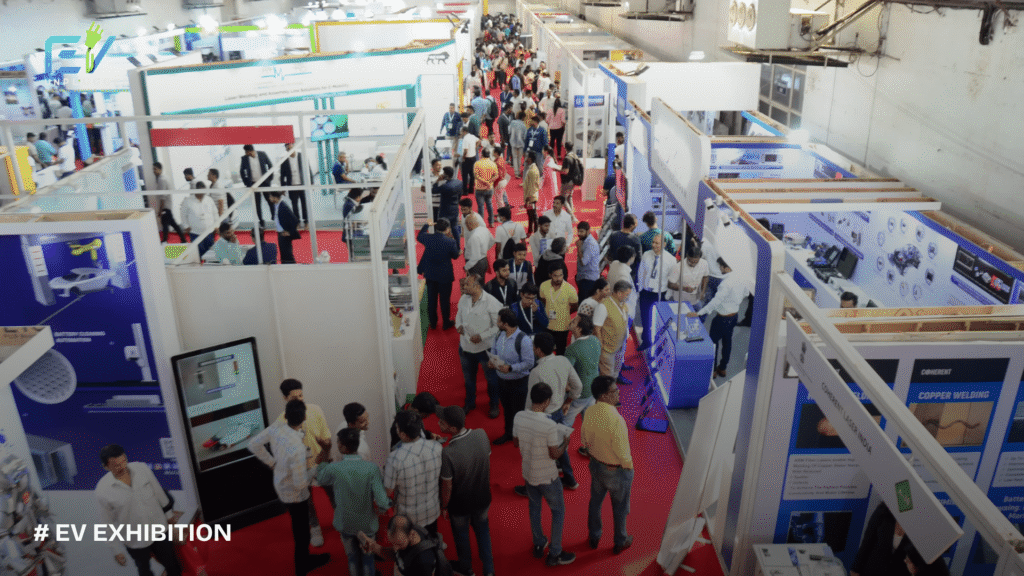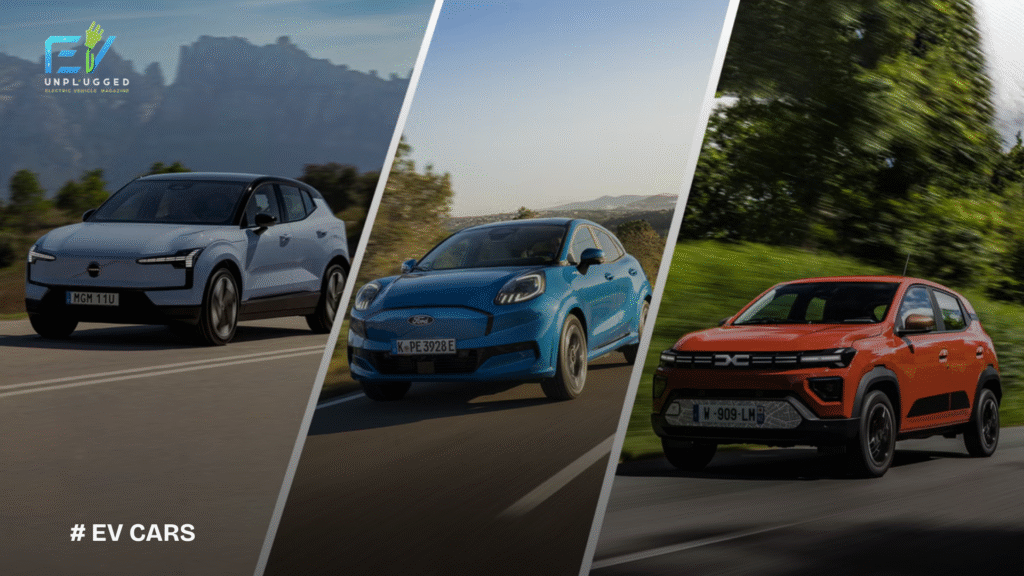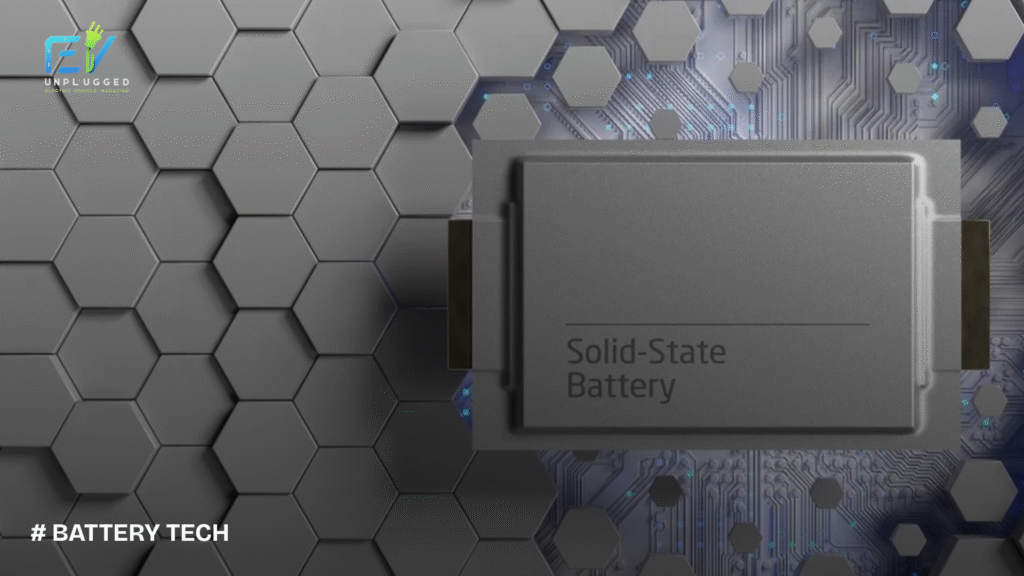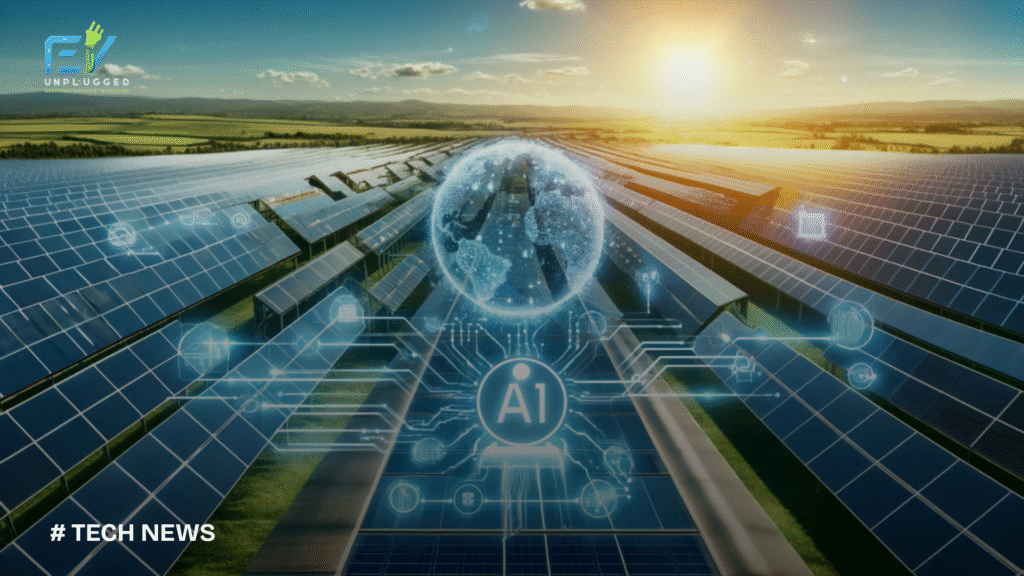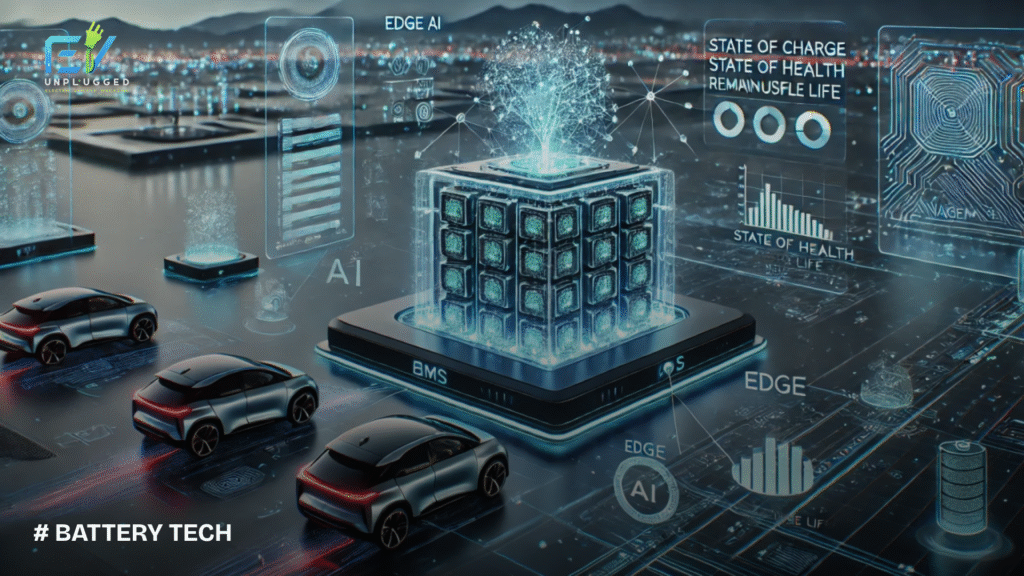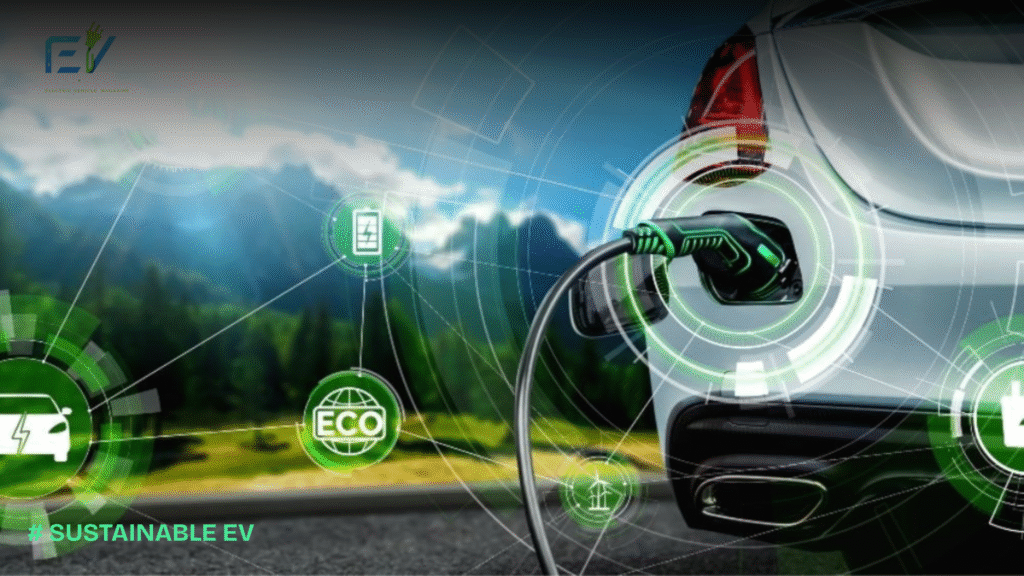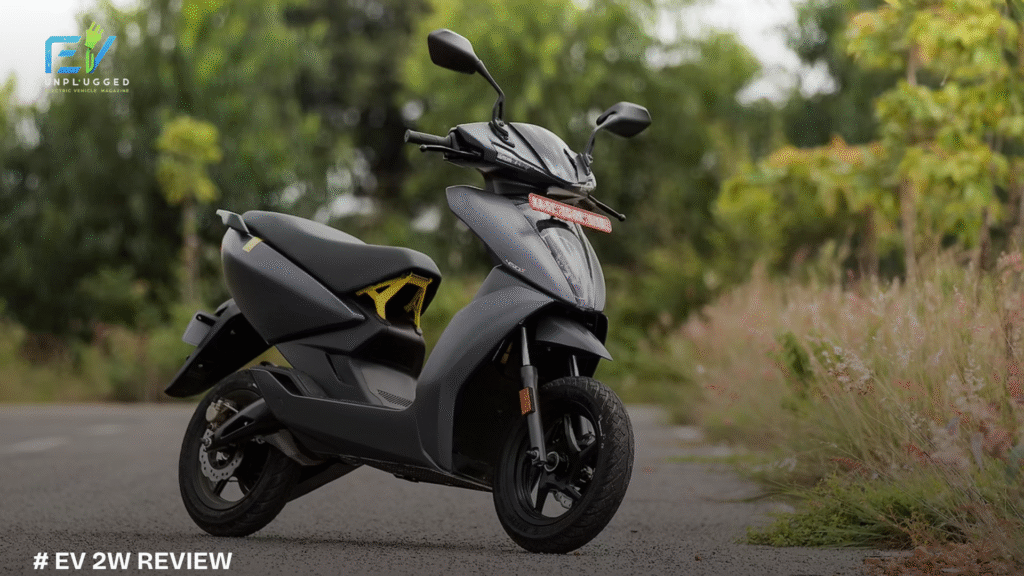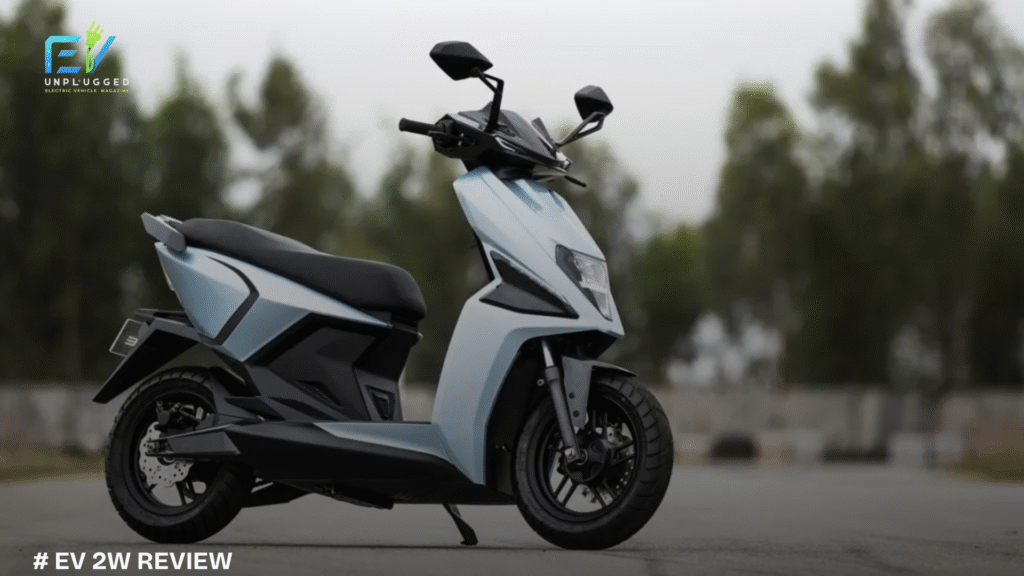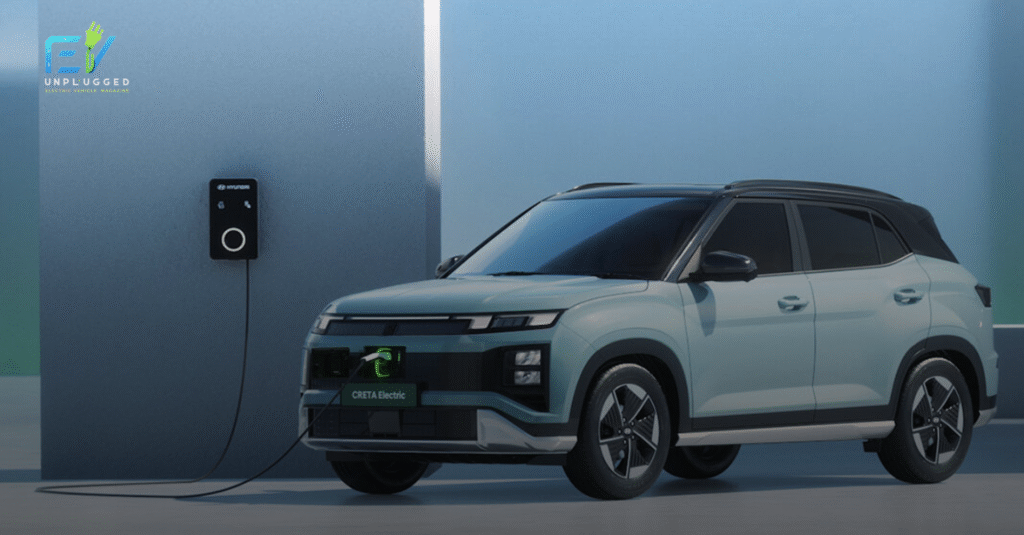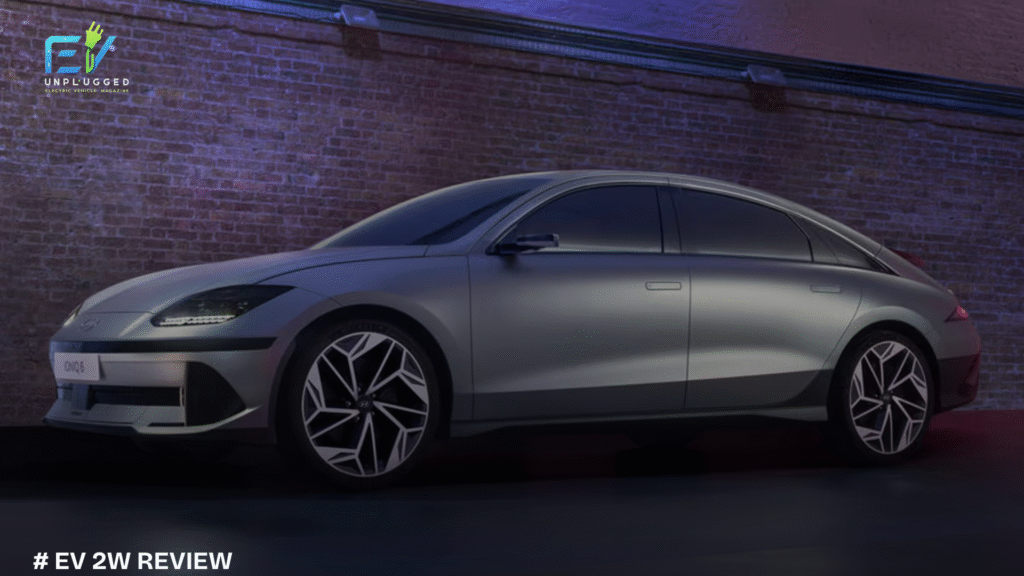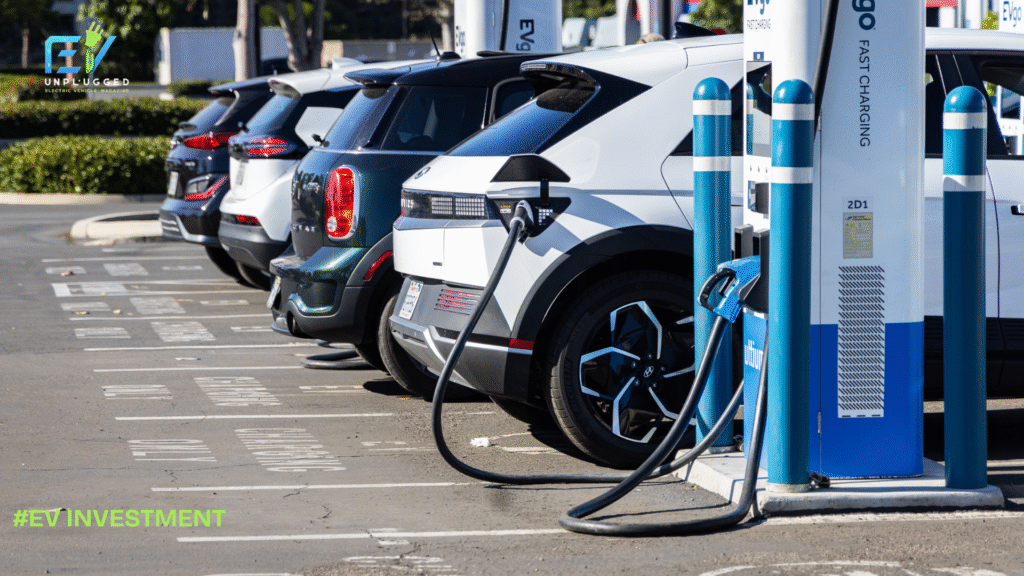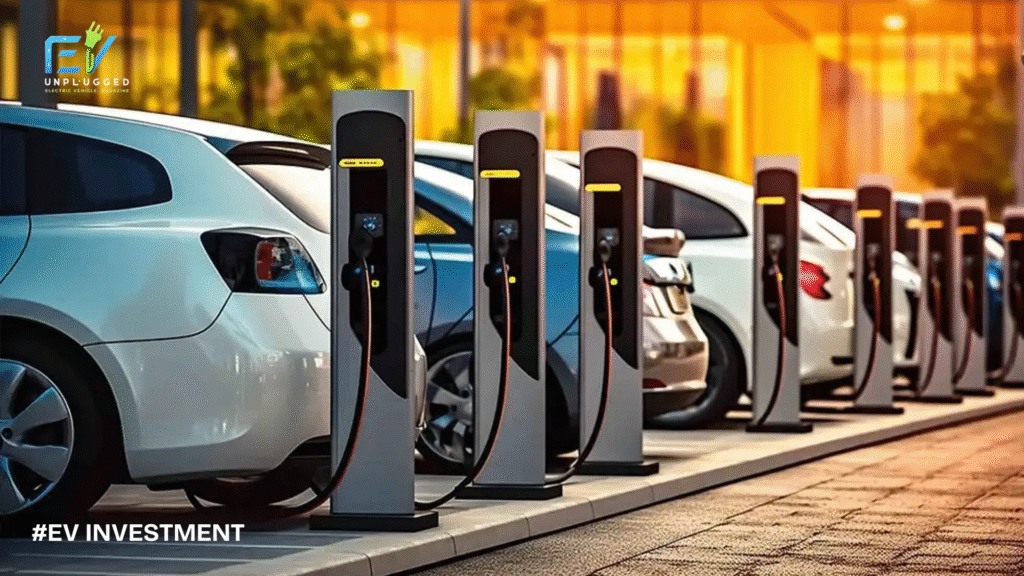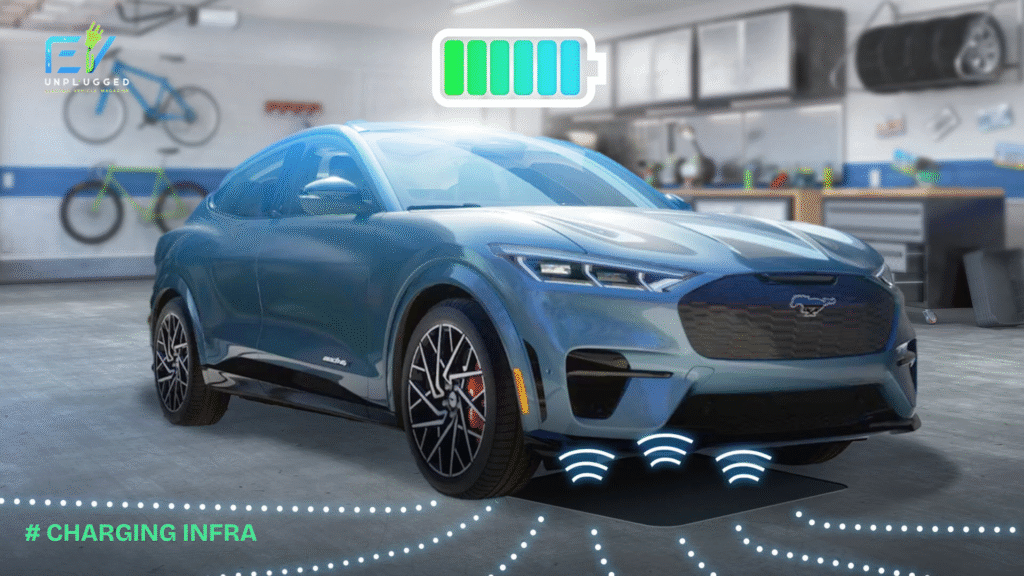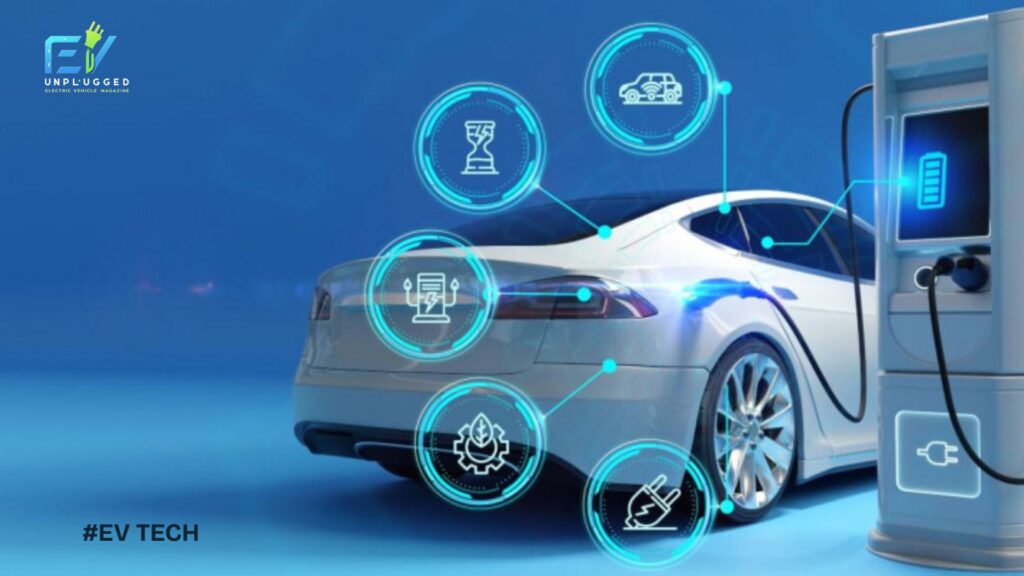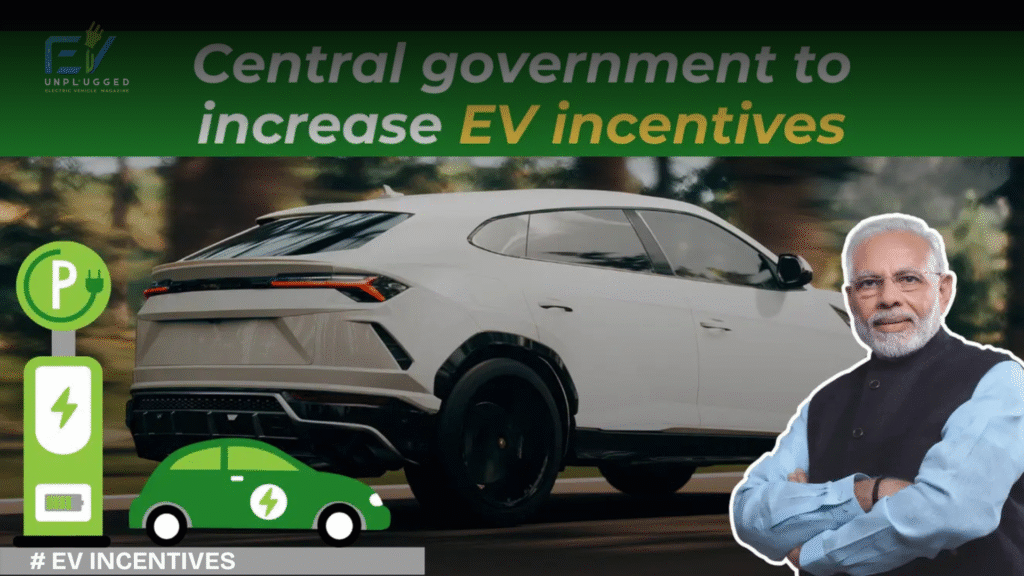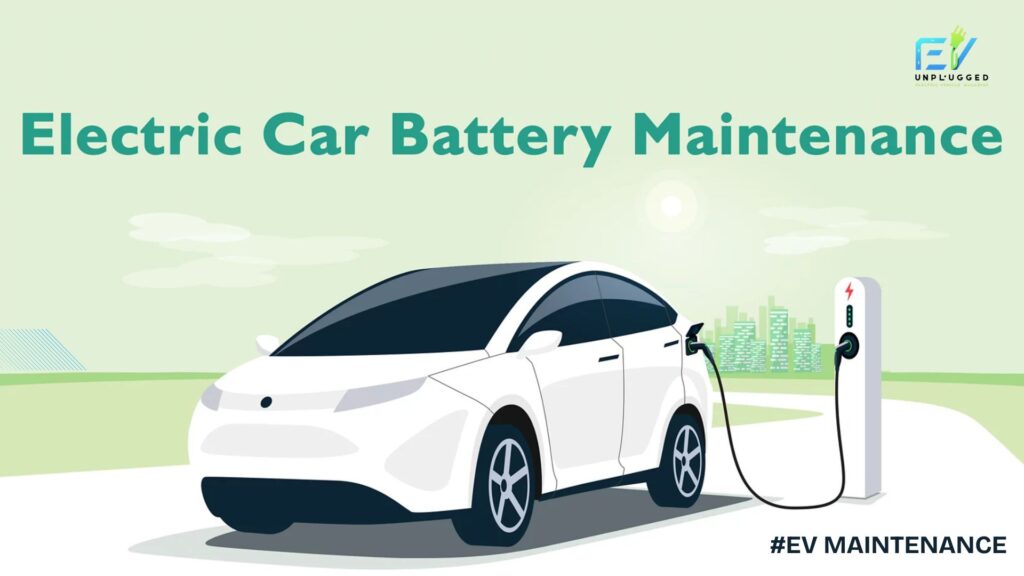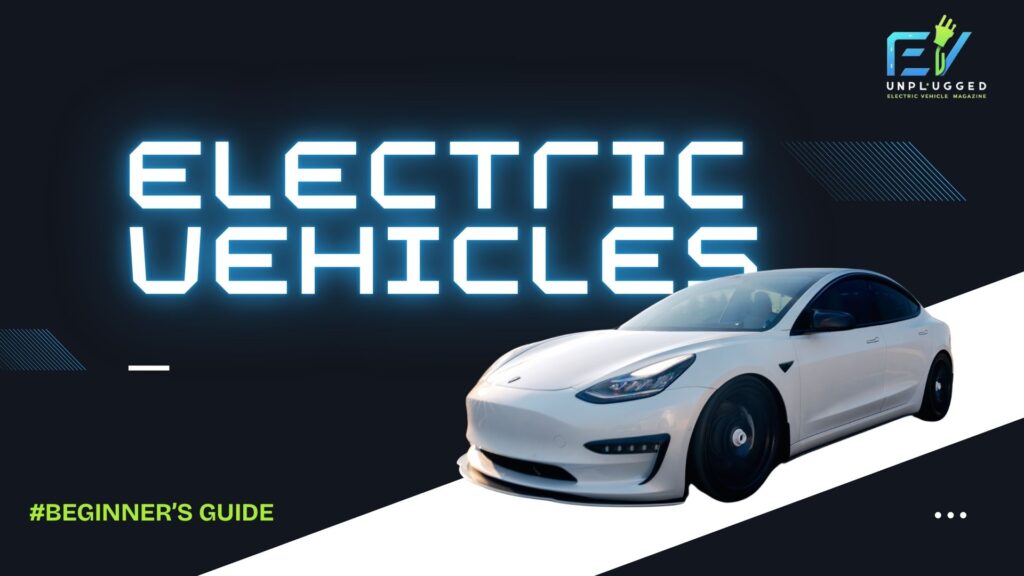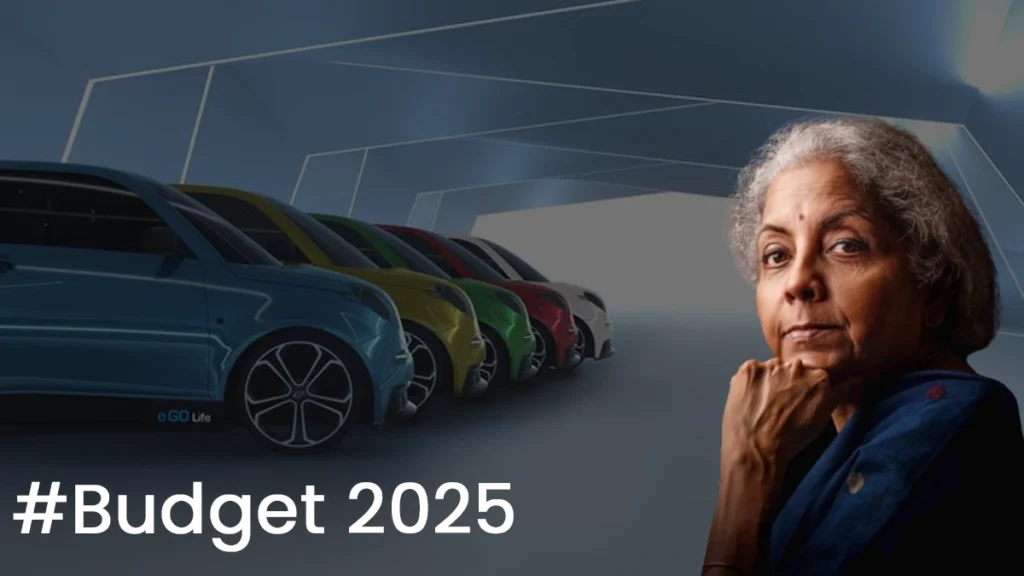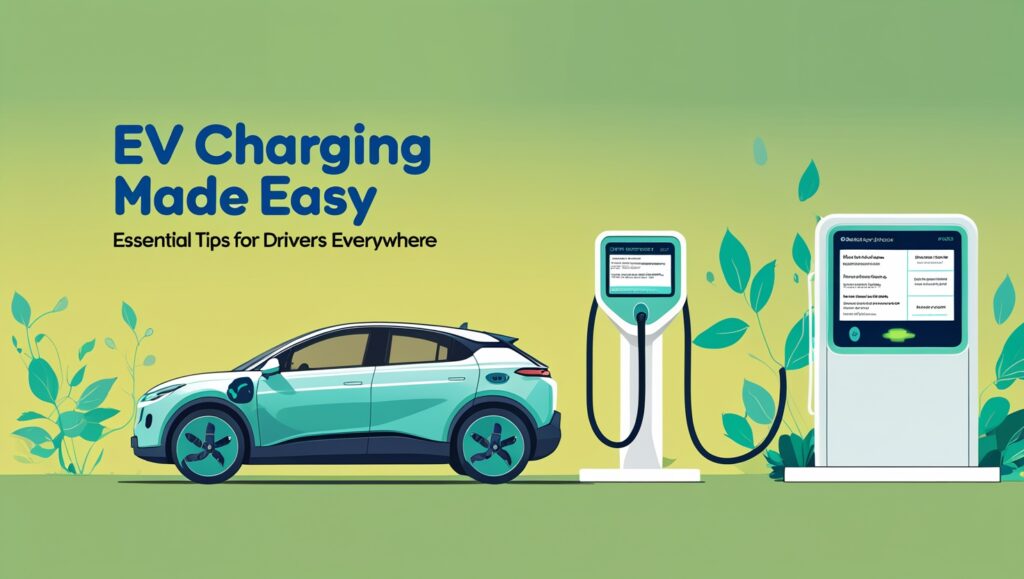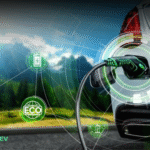India’s EV Charging Infrastructure 2025: NHEV, Tata Power, and Upcoming Projects
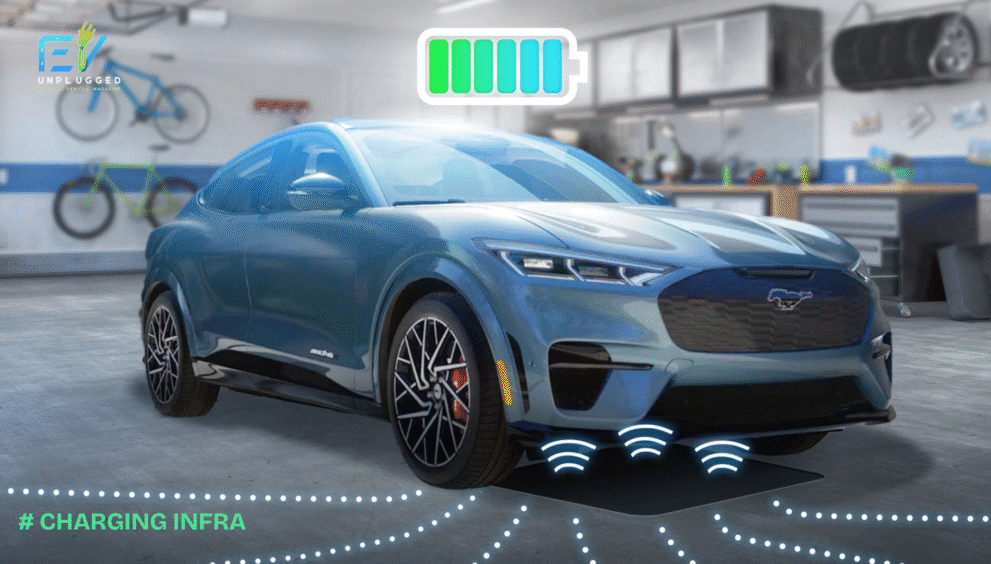
As India accelerates towards a sustainable future, the development of a robust EV charging infrastructure is paramount. In 2025, significant strides have been made, with key players like the National Highway for Electric Vehicles (NHEV), Tata Power, and government initiatives leading the charge.
National Highway for Electric Vehicles (NHEV)
The NHEV project is a pioneering initiative aiming to transform India’s highways into electric corridors. Key highlights include:
- Initial Pilot: A 500 km stretch covering Delhi–Agra and Delhi–Jaipur highways, featuring India’s largest EV charging station in Gurugram with 100 charging points, capable of servicing up to 576 vehicles daily.
- Expansion Plan: Scaling up to 5,500 km of e-highways across major routes like Delhi–Kanyakumari via Mumbai and Kolkata, with an estimated investment of ₹3,672 crores.
- Safety Measures: Implementation of lightning protection systems on charging stations along the Jaipur–Delhi–Agra corridor to ensure uninterrupted service.
These developments position NHEV as a cornerstone in India’s EV infrastructure landscape.
Tata Power’s Mega Charger Network
Tata Power is significantly expanding its EV charging footprint:
- Charging Points: Plans to increase to 400,000 by 2027, including 30,000 new public charging stations.
- Mega Chargers: Deployment of 120-kilowatt fast-charging stations across 500 locations, accessible to all EV users.
This expansion aims to alleviate range anxiety and support the growing number of EVs on Indian roads.
Government Initiatives and Collaborations
The Indian government is actively promoting EV infrastructure through various initiatives:
- Subsidies: Allocation of ₹800 crore to oil marketing companies for establishing 7,432 EV charging stations.
- Highway Charging Stations: Plans to install 5,833 new EV charging facilities on national highways, enhancing long-distance travel feasibility.
- Public Sector Involvement: Indian Oil, Bharat Petroleum, and Hindustan Petroleum are integrating EV chargers at over 18,000 fuel stations nationwide.
These efforts are crucial in building a comprehensive and accessible charging network across the country.
Private Sector Contributions
Private companies are also playing a vital role:
- GreenLine Mobility: Investing $275 million to deploy over 10,000 LNG and electric trucks, along with establishing a nationwide network of EV charging and battery-swapping stations.
- Maruti Suzuki: Planning to install 1,500 EV chargers at service stations and offer home installation services, ensuring accessibility within 5–10 kilometers in top cities.
These initiatives complement government efforts, accelerating the adoption of electric vehicles in India.
Conclusion
India’s EV charging infrastructure is witnessing unprecedented growth in 2025, driven by collaborative efforts between government bodies and private enterprises. Projects like NHEV and Tata Power’s mega charger network are setting the stage for a sustainable and electrified transportation future.
Stay tuned for more updates on India’s journey towards comprehensive EV adoption.

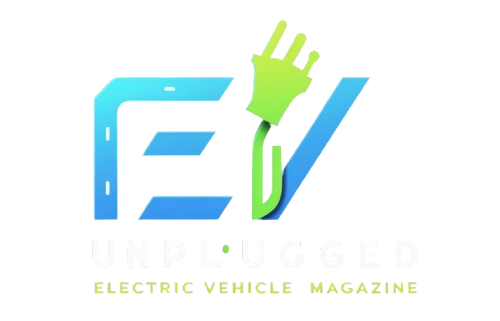
 English
English 
